 As a college student, you have likely used a library database to access peer-reviewed journal articles for your research. If you haven’t yet, you likely will need to at some point.
As a college student, you have likely used a library database to access peer-reviewed journal articles for your research. If you haven’t yet, you likely will need to at some point.
You have access to these articles because you are currently a student at the university, which provides that access for you through the library.
What happens after you graduate or your affiliation with the university ends?
At UAlbany, alumni can still access some of the library’s databases, but this access is very limited. Only those who are current students get full access.
Why is this? The reasons are complicated but the gist is that the library pays for subscriptions to these resources and, because of limits set by vendors and publishers, those subscriptions only cover full access for current students, faculty, and staff and limited access for alumni and community members.
So if you want to access peer-reviewed articles after you graduate, how do you do it?
Well, most databases only allow for institutional subscriptions, not individual ones so you would be out of luck there. You could pay for a subscription to a specific scholarly journal, but that tends to be prohibitively expensive for most individuals. You could also pay for access to individual articles but such access can cost around $60 per article (and you don’t get your money back if you find out the article wasn’t useful after all!).
This is an example of information privilege at work. While you are a student, you have unlimited access to high quality research. After you graduate, you will mostly lose that access. Anyone who has never attended college never had access to that information to begin with.
This may seem like no great loss. After all, no one sits around reading peer-reviewed articles for fun. But there are many who argue that peer-reviewed research, which is often supported by taxpayer money, should be accessible to everyone.
Even if you don’t agree with that, this example is intended only as an illustration. The truth is, access to information (or lack of access) affects your life in many different ways, including many you may not have thought about. Becoming more aware of your level of privilege when it comes to accessing information, whether high or low, is important for recognizing the issues and inequalities that this can create.
Think of another example where your access to information may be affected by a change in your financial status, access to technology, educational status, or some other factor.

